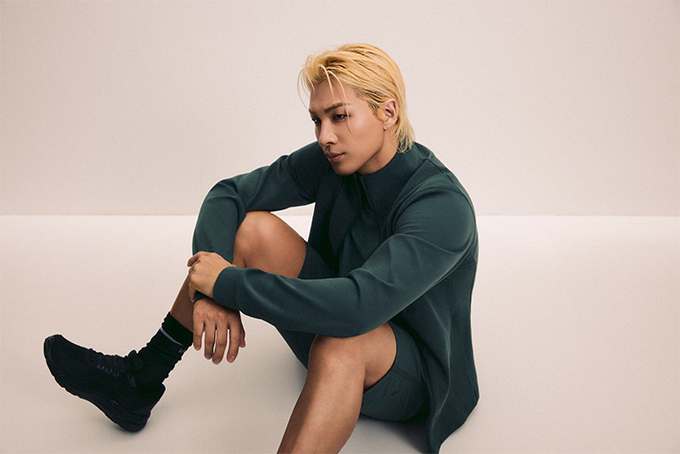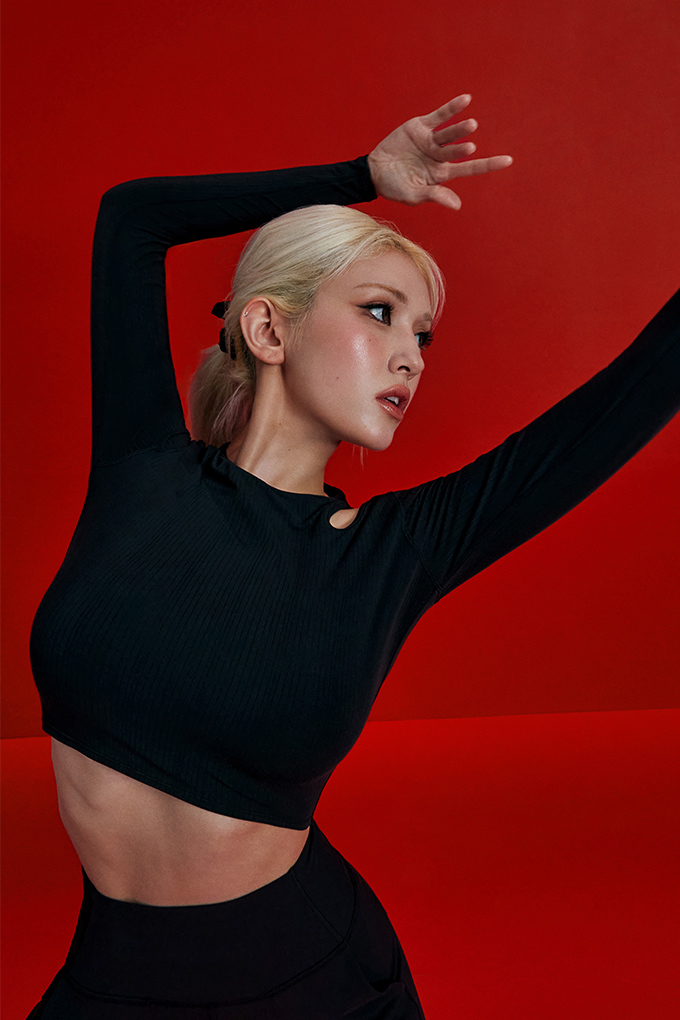Whimsical self-care mantras and infographics on social media may have led us to believe wellbeing is a straightforward pursuit—a mind-over-matter effort fuelled simply by intentionality and introspection. In reality, however, true wellbeing is more difficult to attain than we might think.
lululemon‘s third annual Global Wellbeing Report reveals an unsettling finding—the world’s state of wellbeing remains frozen, unchanged since the turbulent start of the COVID-19 pandemic in 2021.
Despite greater global consciousness about mental health and wellness, attempts to actually raise wellbeing levels have often been unsuccessful. This paradox, dubbed the ‘Wellbeing Dilemma’, is felt keenly throughout Asia—including in Singapore, where a resounding 40 percent of respondents reported that their wellbeing is lower than ever before.
With mounting societal pressure and a highly competitive work culture, it comes as no surprise that 36 percent of people in Singapore struggle to find time to think about their wellbeing, as per the Global Wellbeing Report. For fear of judgment, 45 percent feel the need to put on a front even when they are not truly happy.

In particular, men in Singapore report struggling to disclose their mental health battles, with one in two sharing that social stigma has made it difficult for them to be open about their wellbeing. Meanwhile, digitally-native Gen Z are impacted in a multitude of ways by social media—faced with impossible beauty standards, unhealthy comparisons to their peers’ highlight reels and a constant onslaught of devastating world news demanding their attention.
How then, can we get past these challenges as a community? As a global company committed to advancing wellbeing for all, lululemon has long provided access to wellbeing tools and resources across the world, having reached more than five million people till date.
In October, the brand launched its ‘Find Your Wellbeing’ campaign, kicking off with a series of activities in key cities around the Asia Pacific region. In Singapore for instance, lululemon partnered with CrossFit trainer Aidan Chemaly from Mobilus Studio, alongside three other studios, Canvas, Division Athletics and Urban Edge, to host a 24-hour Murph Challenge—ultimately raising awareness about the importance of wellbeing.
Beyond organising activations for local communities, the campaign has helped to unlock essential discussions around the topic of wellbeing in the region. Leading the conversation are two internationally-renowned stars from South Korea—Jeon Somi and Taeyang. Aiming to remove the stigma around mental health, the two artists have joined hands with lululemon to speak vulnerably about their own journeys with wellbeing.
“Acknowledging all of my emotions is an important part of my wellbeing,” explains 22-year-old Somi. The Gen Z musician, who shot to fame at the age of 14, understands intrinsically what it means to grow up in the digital age. “When I’m in a good place, I try to live in the moment and feel every emotion that pops up. I find that having supportive people around me is my golden ticket to safeguard a healthy mind and body.”

Meanwhile, Taeyang’s wellness wisdom comes as the result of a prolific career that started in 2006, when he made his immensely successful debut as a K-pop idol. He shares: “My wellbeing is driven by my mindset, spirituality and physical condition. You can’t reach perfection alone—it’s the result of a harmonious blend of different parts. In the end, if this sense of balance is disrupted, beauty also begins to crumble.”
“Jeon Somi and Taeyang speak directly to two demographics in our region that were identified as struggling with the impact of low wellbeing—Gen Z and men,” says Nathan Chang, lululemon’s Asia Pacific Vice President of Brand Marketing and Community. “Sharing their candid, personal stories of success and struggles, we hope they can help break down barriers, share the importance of expressing how you truly feel, and teach us how to overcome struggles when we are not okay.”
Here, read the full interviews with the two artists to find out more about their relationship with wellbeing from the start of their careers to the present day.
Are you sometimes faced with pressure and high expectations? How do you overcome the hard times you experience?
Jeon Somi: I’ve always lived under pressure. The most challenging period I faced during my journey as an artist was when I lacked self-confidence and tried to conform to others’ perspectives. I spent a year solely dedicated to myself while preparing an album, and during that time, I started to listen to myself and discovered a new me.
Taeyang: It might be a lie to say that I don’t face high expectations and pressure in my role as an artist. Looking back, these expectations and pressures have sometimes had a positive effect in pushing me to exceed my limits, but at other times, they have pushed me in a negative direction, leading to feelings of frustration. What helps me persevere is that I don’t want to choose an easy path.

Gen Z is so digitally connected, fuelled by a 24/7 online culture. How do you balance your online and offline lives?
JS: Due to my profession, I’m constantly on social media and online. That’s why sometimes I feel like an on/off switch doesn’t exist for me. It’s not a perfect solution, but my way of creating balance is to either cook at home, go for a walk, take a short vacation, or exercise—making sure I have enough time for myself.
As an artist, do you find it difficult to open up about your struggles?
T: Being an artist, sharing and talking about various challenges in my life might seem like the easiest thing to do in some ways, but it’s also one of the most difficult tasks as well. As a musician, I think it’s somewhat easier for me because I express the difficulties I’ve experienced throughout my life in a way that people can empathise with for a living. On the other hand, as a well-known artist, sharing the intricate details of my personal life can be challenging.
You have a fourth-degree black belt in taekwondo. What mindset has this martial art ingrained in you?
JS: A lot of concentration and agility is required to switch between using your hands and feet to execute movements in a short span of time. The wisdom I’ve gained through training is the importance of repetitive practice and patience. The process of balancing explosive power and repeating it is quite a handful, and having mastered it, I now have patience for every aspect of my daily life.

What kind of activities do you do to clear your mind and support your mental wellbeing?
T: I like to take walks to organise my thoughts and feelings. If I could, I would spend all my spare time walking. As I see the sky and landscape change through the seasons, it feels like my complicated and confused thoughts gradually empty out and become organised, one by one. It’s even better to walk while having conversations with like-minded people. Then, I take the time to write my thoughts down at the end of the day. This helps me to get to know myself a little bit better than before.
Do you have any advice on how to stay true to yourself and live authentically?
JS: Society can be cruel at times. That is why it can take some time to be ready to show one’s true self. I focus on balancing my online and offline lives, and I believe that I need to slowly become someone who can live as my authentic self.
T: To genuinely express one’s true self in front of others, it’s crucial to first face yourself with honesty above all else. This requires great courage and I believe that by acknowledging and accepting yourself fully, it will help you confidently exhibit your true self in front of anyone.
Discover lululemon’s ‘Find Your Wellbeing’ campaign at lululemon.com





